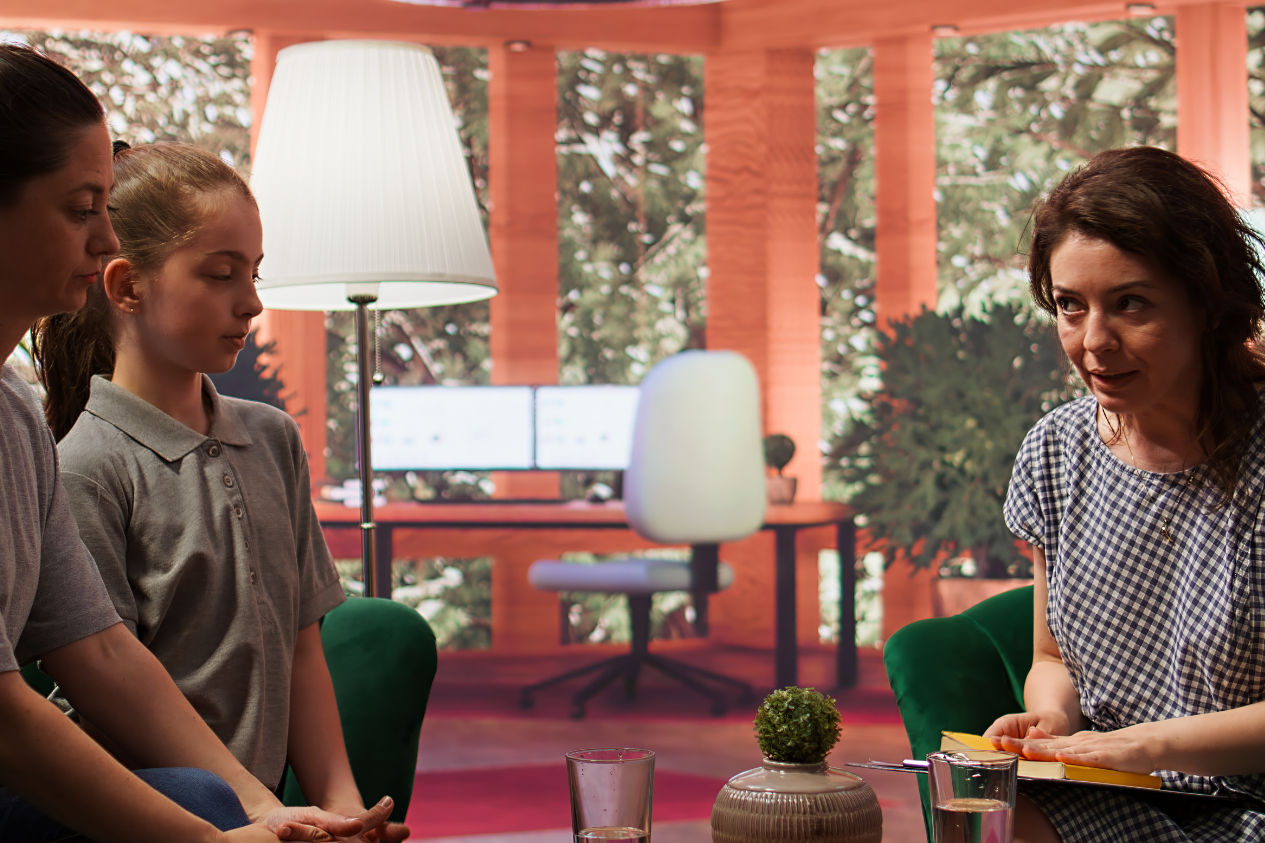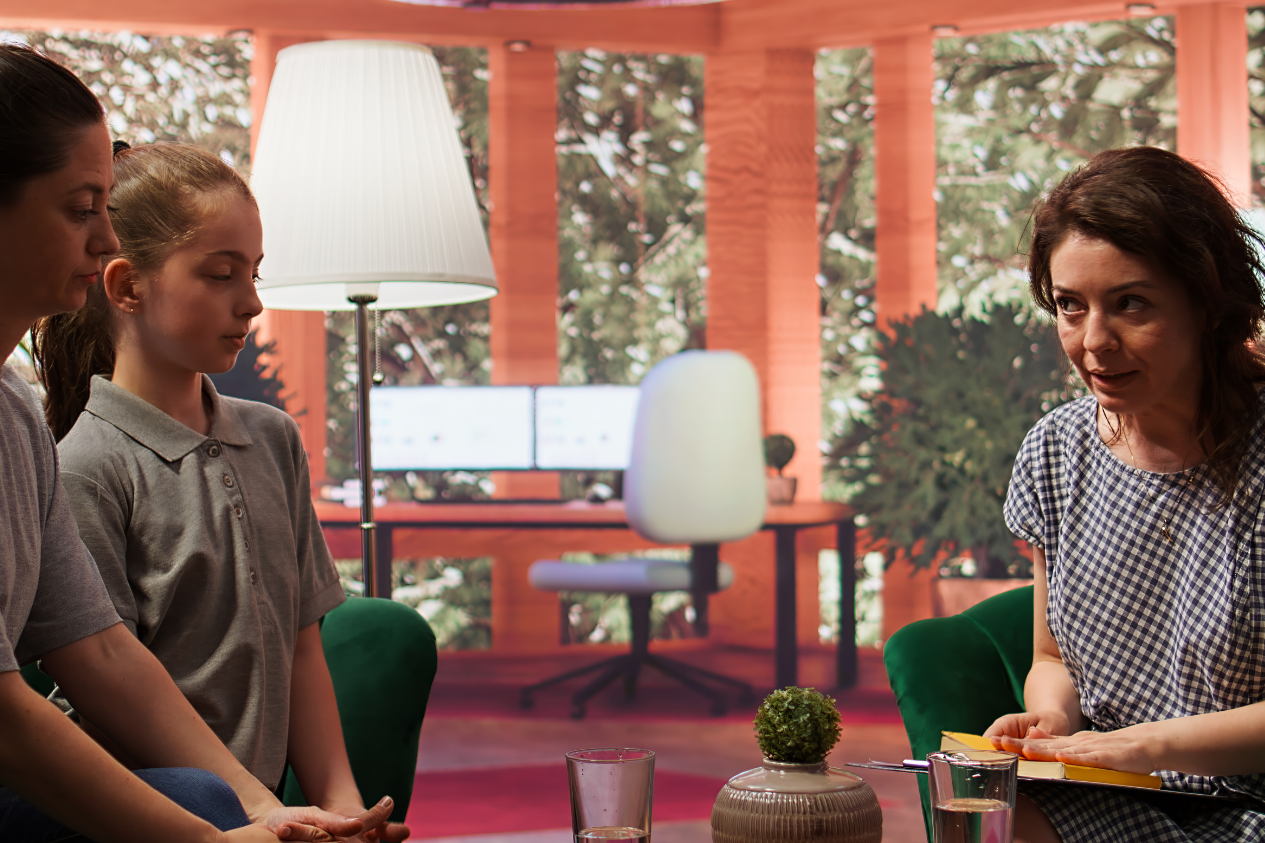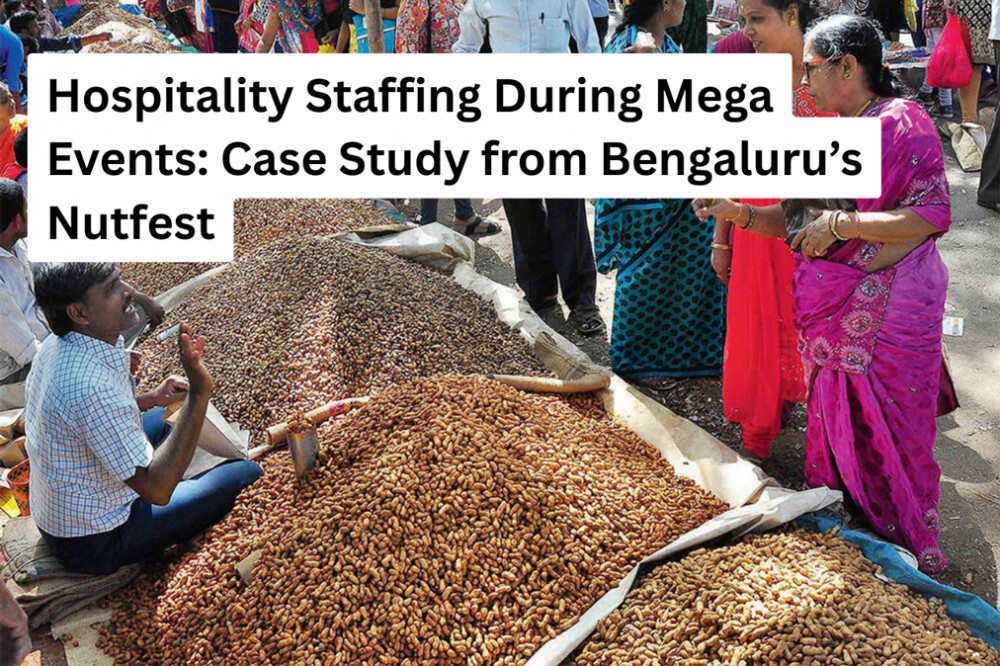
Reverse Mentoring: Gen Z Teaching Millennials in Hotels

The hospitality industry prioritises people; the abilities needed to provide guests with unforgettable experiences are rapidly changing. Hotels must constantly adapt to new technologies, social-first marketing, and shifting guest expectations and work styles. Reverse mentoring, in which younger staff members (Gen Z in this case) coach more senior coworkers (millennials and beyond), is becoming a highly effective tactic for Indian hotels seeking to remain current, flexible, and customer-focused. Here's a strategic, doable look at why reverse mentoring is important in Indian hotels, how it's actually implemented, and what success looks like.
The significance of reverse mentoring for Indian hotels
Digital fluency, social media instincts, new perspectives on sustainability and inclusivity, and an expectation for open, cooperative workplaces are some of the strengths that Gen Z employees bring to the table. In the meantime, a large number of millennials in the hospitality industry possess managerial expertise, operational experience, and institutional memory. Combining these complementary skills enhances guest-facing innovation and speeds up organisational learning. Reverse mentoring is relevant for hotels because Gen Z and millennials prioritise learning, meaningful work, and digital-first guest experiences, according to industry reporting and talent surveys.
There is more to reverse mentoring than just imparting technical skills (consider influencer marketing, UGC curation, or mobile check-in). A key retention tool in a high-churn industry, it flattens hierarchical barriers, builds intergenerational trust, and communicates to younger talent that their opinions count. Reverse mentoring is already being tested as a common HR practice by Indian corporations, setting a helpful example for hospitality organisations to follow.
Concrete benefits for hotels
- Quicker adoption of digital technology - Managers are assisted by Gen Z mentors in integrating social and mobile technologies into marketing and operations (short-form video concepts, platform-native guest interactions). As a result, there is less reliance on outside organisations for tactical content.
- Innovation in the guest experience - Younger employees frequently foresee microtrends that can be quickly prototyped at the property level, such as experiential F&B, sustainable amenities, and community-first stays.
- Attracting and keeping talent - In cities where there is fierce competition for Gen Z hospitality talent, programs that clearly empower junior employees boost engagement metrics and employer brand.
- Development of leadership - Learning contemporary communication techniques and digital people management helps millennials lead multigenerational teams more successfully.
A Practical Framework for Reverse Mentoring in Indian Hotels
Reverse mentoring can be viewed by hotels as a three-layered framework that naturally fits into operations rather than a detailed manual:
- Business Relevance at the Vision Layer
First, hotels need to explain why reverse mentoring is important to them. Enhancing digital guest engagement might be the aim for some, while sustainability, employer branding, or talent retention might be the focus for others. Leadership buy-in is ensured, and mentoring gains credibility when it is connected to key business imperatives.
- Mutual Growth at the People Layer
Instead of just pairing people up, establish a situation where everyone feels like they stand to benefit. Gen Z brings digital instincts and cultural agility, while Millennials bring operational mastery. Instead of a one-way "teaching" dynamic, this balance promotes respect for one another.
- Practice Layer: Adaptable Participation
Instead of holding strict meetings, incorporate mentoring into your everyday hotel operations by collaborating with influencers, co-examining guest feedback dashboards, or coming up with ideas for new menu launches. Meetings in the classroom are rarely as effective as brief, project-related interactions.
This multi-tiered strategy makes reverse mentoring seem less like a "program" and more like an inherent aspect of hotel culture.
Reverse Mentoring in Action
Storytelling in F&B at Scale - Restaurant managers can get advice from Gen Z coworkers on how to create menu reels or plating videos that are Instagram-worthy and draw walk-in customers. For example, a dessert launch can be planned as a digital event as well as a dining event.
Astute Guest Interaction - Front office managers can learn how to handle online guest interactions in a way that feels natural and unscripted from younger staff members who have an intuitive understanding of platforms like Instagram direct messages, WhatsApp, and Threads.
Communication on Sustainability - While millennials may be spearheading sustainability initiatives (such as the adoption of refillable amenities), Gen Z can mentor them on how to effectively convey these efforts to environmentally conscious visitors online.
Talent attraction and employer branding - Interns and junior associates can teach HR managers how transparent career stories and "day-in-the-life" content appeal to prospective hires more than generic corporate advertising.
These examples show that reverse mentoring directly improves talent pipelines, F&B innovation, and guest engagement; it is not a gimmick.
Pitfalls Hotels Must Avoid
Without careful planning, even the most promising reverse mentoring programs may not succeed. Hotels face particular risks because of their high-pressure, round-the-clock environments:
- One-way Education: Gen Z loses motivation if they believe they are merely "training" seniors without receiving anything in return. Instead of framing it as a transfer, frame it as an exchange.
- Shadows in Hierarchy: Rigid hierarchies are common in Indian hotels. Young employees may hold back if they are paired with their direct manager without any safeguards. Neutral facilitators and safe spaces are essential.
- Surface-Level Attention to Social Media: Instagram's potential is trivialized when reverse mentoring is reduced to "teach Instagram." Extend the focus to encompass digital tools, diversity, sustainability, and modern visitor preferences.
- No observable results: Mentoring runs the risk of being dismissed as a side project if there are no obvious outcomes, such as a new campaign, a more efficient procedure, or higher guest ratings. Include quick wins to demonstrate your impact.
- Not Being Recognised: This role is frequently combined with frontline responsibilities for Gen Z mentors. Enthusiasm will diminish if mentoring is not visible in evaluations or recognition. Mentors are more than just helpers; they are culture builders.
Hotels can avoid these problems and use reverse mentoring as a long-term HR experiment instead of a short-term one.
A Strategic Imperative
Under the guise of an L&D exercise, reverse mentoring is an operational advantage for Indian hotels that compete on experience and loyalty. Most importantly, it transforms a company's regular talent into a source of competitive innovation. It is also affordable and scalable. In addition to gaining market relevance more quickly, hotels that establish structured spaces for intergenerational learning will develop a more resilient, compassionate workforce ready for the next wave of guest expectations as Gen Z becomes a greater percentage of both employees and visitors. The way forward is simple: measure what matters, safeguard psychological safety, and begin with definite results.
Related Blogs

The Rise of Boutique Hotels: Recruiting for Experience, Not Size
73 Views

Top 5 Hospitality Roles Most in Demand This Quarter
71 Views

Hospitality Staffing During Mega Events: Case Study from Bengaluru’s Nutfest
86 Views

Festival Hospitality: What Food Events Teach About Guest Management & Staffing
194 Views

Little Guests, Big Smiles: How Hotels Design Family-Friendly Experiences
171 Views